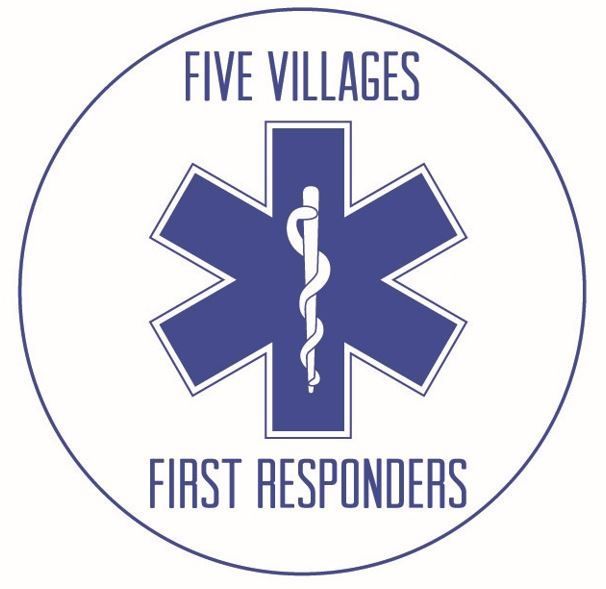What are Community First Responders?
Community First Responders (CFRs) are volunteer members of the community who are trained to respond to certain emergency calls through the 999 system in conjunction with the Ambulance Service.CFRs provide immediate care to patients in rural areas where distance may delay the prompt arrival of an ambulance. They are trained to deliver Basic Life Support and defibrillation to patients in cardiac arrest, and can attend other appropriate calls to patients suffering from a range of medical or conditions or injuries.
Why do we need Community First Responders?
Because CFRs are based within the community in which they live or work, they can attend the scene of an emergency in a very short time, often arriving within the first five minutes. In the case of our scheme which is located in a rural area, in the vast majority of cases we are the first emergency resource to get to the scene, often arriving within 4 to 5 minutes of the emergency 999 call being made.The CFRs can then begin vital life saving care before the ambulance crew arrives, further increasing the patient's chance of survival in instances such as cardiac arrest. In cases where no immediate intervention is required they can reassure the patient, find out more about what has happened and relay information back to the ambulance service control room if necessary.


